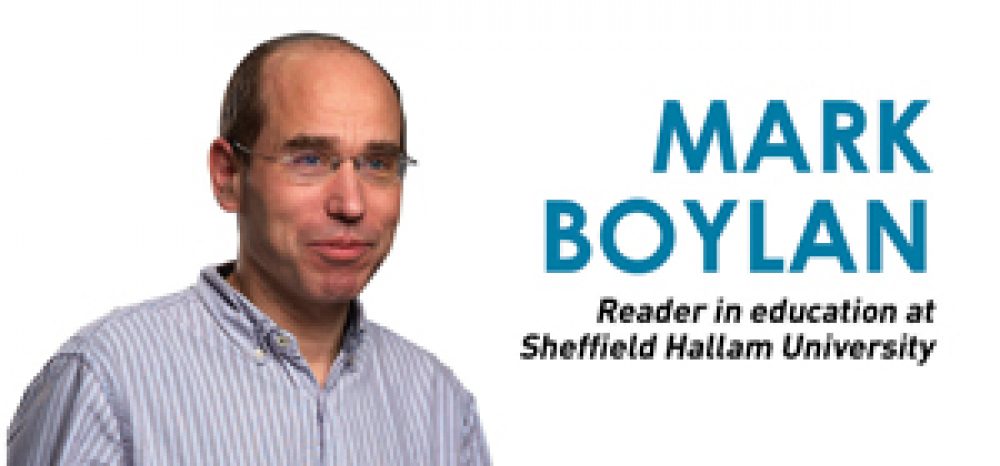This week the government announced £41 million of funding over the next four years to support the introduction of South Asian mastery mathematics into 8000 primary schools. Dr Mark Boylan explains the differences between the Shanghai method and schools in England
South Asian mastery has attracted attention from government because of the relative success of Singapore and Shanghai in international PISA tests compared to England.
One problem with the term ‘mastery’ is that it is a flexible word, and mastery and South Asian mathematics teaching are sometimes reported on in ways that can cause confusion. For example, sometimes a contrast is made between Shanghai and England in terms of memorising times tables, with the misleading impression given that English primary teachers do not already work hard to help children remember multiplication facts and other number bonds. Shanghai teaching has also been talked about as rote learning, when at the heart of Shanghai mastery are varied, carefully thought-out mathematical examples and problems.
So here is a short guide to what South Asian mastery mathematics means, including differences from English primary mathematics teaching. I focus on Shanghai teaching, although it is important to also know that there are differences between Shanghai and other areas in China, or between Shanghai and Singapore.
‘All children can succeed’
In Shanghai teaching starts from the belief that all children can succeed in mathematics and how the curriculum and classroom are organised reflects this belief. This means that the class is taught together for the whole of the mathematics lesson and that new material is introduced at a pace where everyone can keep up.
If pupils have not grasped important ideas in a lesson then there is same day intervention of additional teaching by the class teacher to ensure they are ready to access the next day’s lesson alongside their classmates.

Although English primary teachers work hard for everyone to do well in mathematics the curriculum and classroom are often organised in ways that children end up on tracks that lead to different learning destinations. Lessons may have differentiated objectives – ‘all will’, ‘most will’ ‘some will’. Often children are given different work to do according to their perceived ability or previous test outcomes. Sometimes larger schools put children in ability sets or group them in this way in the classroom. All this tends to reinforce a cultural mindset in England that either people are good at maths or they are not. In Shanghai the mindset is that success in mathematics is related to willingness to study and careful and thoughtful teaching.
Basic building blocks
A good lesson in England is thought to be one that covers lots of material in the lesson – the more apparent progress in a lesson the better. In Shanghai the emphasis on ensuring one key idea or method is fully learnt in a lesson and so it will not need teaching again in the future.
Multiple models for one concept
In England, often mathematics teaching involves demonstration of an example by the teacher which is followed by routine practice. In Shanghai, teachers develop and use carefully thought-out mathematical models to develop deep understanding, often involving multiple ways of thinking about the same mathematical concept. Lessons are very interactive, with lots of careful questioning and multiple mini-plenaries in lessons. Practice exercises involve careful choice of examples that help to focus children’s attention on key mathematical ideas.
Research
Teachers are involved in lots of teacher-led research and collaborative professional development supported by University researchers.
The government’s recent funding announcement follows on from an Education Endowment Foundation trial of a Singapore-influenced mathematics curriculum, an ongoing national project focused on the use of adaptations of Singapore primary textbooks, and the Shanghai teacher exchange project.
I lead a Sheffield Hallam University team evaluating the primary part of the Shanghai teacher exchange, which involved teachers from 48 schools visiting Shanghai in 2014/15 and hosting Shanghai teachers back in their own schools. These schools have continued to develop their teaching, influenced by the exchange experience. They have also worked with other schools in their local areas, promoting Shanghai teaching with the support of their local maths hubs and the National Centre for Excellence in Teaching Mathematics.
While we can learn much from south Asian mastery mathematics, it is also important to remember that there is nothing found in Shanghai that can’t also be found or hasn’t been already developed in English primary schools. Perhaps the biggest difference in Shanghai is that this way of teaching is consistent across their education system.
Mark Boylan is a Reader in education at Sheffield Hallam University







I’m a governor of a primary school. I want to know who gets trained and how schools / teachers get chosen. Will there be a geographical spread? Do we apply?